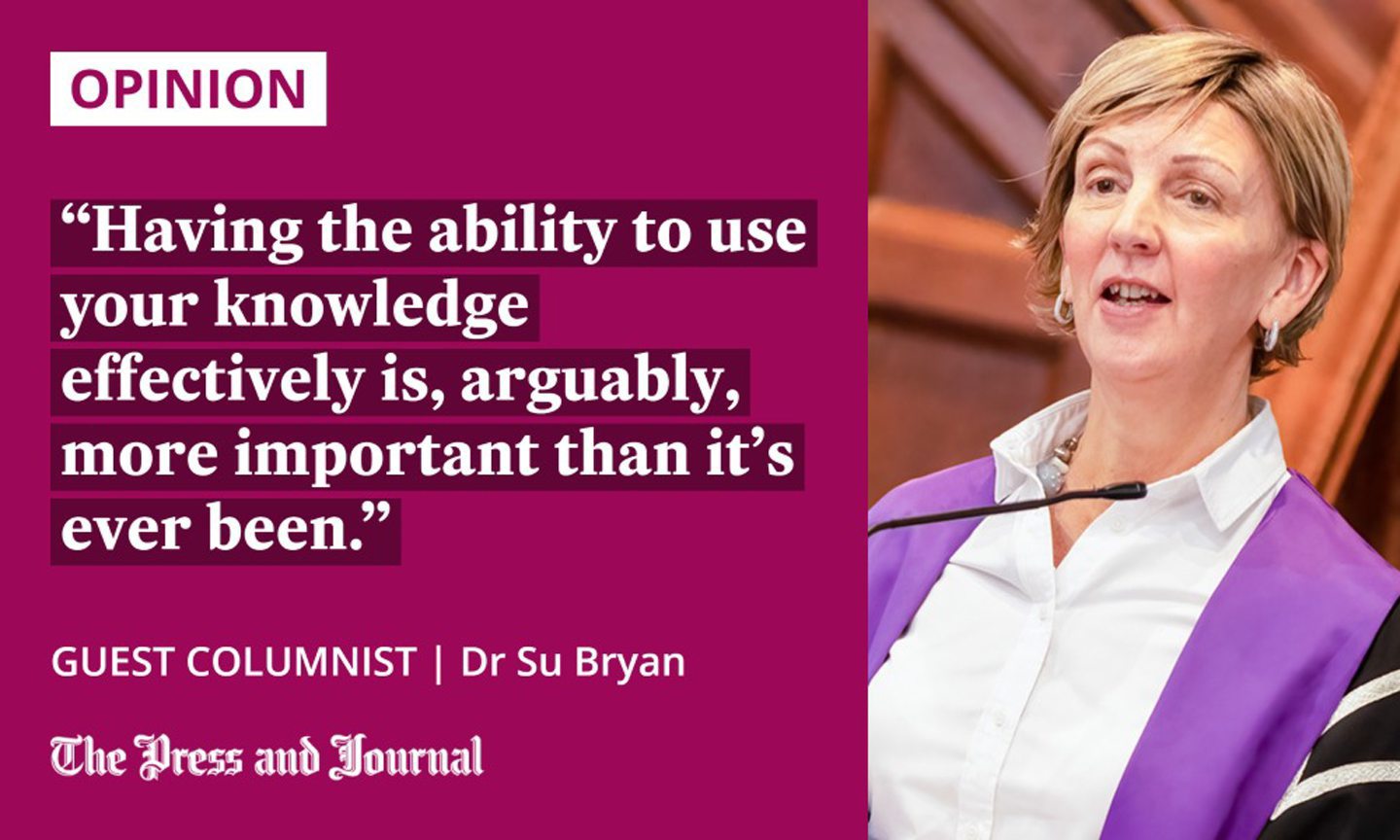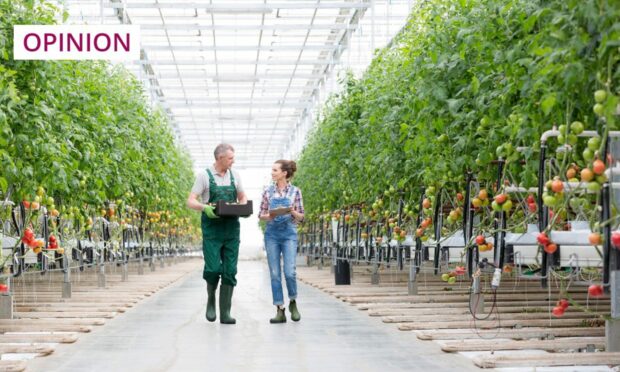With so much fast information, skills to sift out what is reliable and what can be trusted are increasingly important, writes Dr Su Bryan of UHI.
What do our learners need most – knowledge or skills?
This may seem a simplistic choice, but it is surprising how often educators need to decide about this balance.
Football officials may have the most up-to-date knowledge of the rules of the game, but it won’t be them who lifts the trophy. Knowledge isn’t enough. You also need physical and problem-solving skills, training and teamwork to compete and to win. And quite a lot of luck!
That last point aside, it’s easy to see why skills are considered the bridge by which you turn knowledge into successful performance.

The world is changing. We can access almost any information with an internet search in seconds, where, previously, an inter-library loan and a gigabyte equivalent of brain space might have been required.
With so much fast information, skills to sift out what is reliable and what can be trusted are increasingly important. Having the ability to use your knowledge effectively is, arguably, more important than it’s ever been.
‘Metaskills’ are the future
Those involved in education need to continually review qualifications to reflect this change. Skills Development Scotland has written about the concept of “metaskills”, including self-management, social intelligence and innovation – skills which will help us to prepare for a future that is increasingly unpredictable.
The Scottish Qualifications Agency (SQA) is reviewing its Higher National Qualifications to encompass a metaskills approach. At UHI, we were keen to be involved in this from the start.
We are currently leading on two national pilots for the next generation of SQA awards at HNC level, in horticulture and engineering systems. While these may feel unlikely companions, there are many common challenges and approaches.
We know that neither botanic gardens nor bridges can be created by knowledge alone. The performance of our graduates in their futures will rely on having robust knowledge AND the right skills.
Concentrate on learning, not assessment
Developing these pilots, we consulted with our learners and worked closely with employers, the SQA and other education providers. These HNCs concentrate on learning rather than assessment. This allows us to use case studies and engage with big ideas, like community horticulture and its therapeutic value, or engineering for tomorrow, integrating this with considerations of ethical practice, sustainability, and net zero.
Skills such as communication, creativity and self-awareness will all benefit employability in the future, no matter the direction they choose to follow
We are focusing on supporting students as they grow in confidence, complementing knowledge with skills such as communication, creativity and self-awareness, which will all benefit their employability in the future, no matter the direction they choose to follow.
So, knowledge or skills? We need both. And we need to keep asking the question about how we develop these for a changing world.
Dr Su Bryan is dean of the faculty of science, health and engineering at UHI

